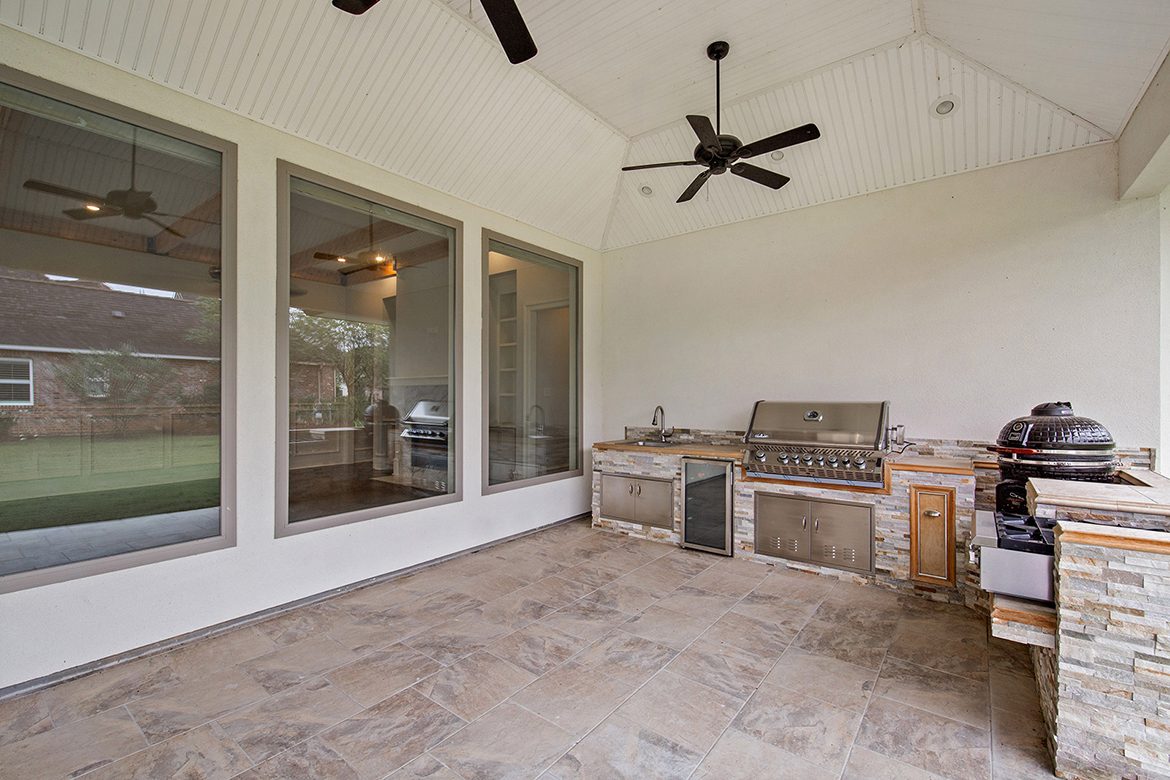
Purchasing a home can be both exciting and stressful but for a first-time homebuyer, the pressure can be quite a challenge. Here are seven tips to follow that will help you through the steps of becoming a first-time homeowner.
Don’t buy a home primarily as an investment.
The housing market is booming but that might not always be the case. When purchasing a primary residence, you should not purchase a home-based solely on the financial return. Remember that owning a home is not only a financial investment but also a personal investment. Make sure you are stable at your current place of employment and make sure the location of your new home is where you want to stay for a while.
Know what you can afford.
It is always wise to get pre-approved for a mortgage before you house shop. A pre-approval letter will not only help you determine how much home you can afford but lets also sellers know you are a serious buyer. A mortgage lender can help you determine how much you can afford to borrow. They will look at your credit score, your monthly income and your other financial obligations. According to the Federal Housing Administration, a good rule of thumb is your housing cost should be no more than 31% of your gross monthly income.
Check your credit score.
As mentioned before, your credit score plays a big part in obtaining a mortgage. A good credit score can open the door to lower mortgage rates. If your score is low, think about trying to boost your score before purchasing a home. A good way to start is by paying bills on time and keeping credit card balances low.
Understand the other costs involved.
Monthly mortgage payments are not the only cost involved when it comes to owning a home. Take into consideration property taxes and homeowners insurance. There will always be routine maintenance costs and you should always cushion for major repairs. Many neighborhoods that offer amenities also have a fee for the homeowners association.
Plan to put down at least 20%.
There are lenders out there who will not make you put 20% or more down but there will be additional fees added onto your monthly payment. Private mortgage insurance (PMI) will be required on top of your mortgage until your loan-to-value reaches 80%. It is always best to pay 20% down so you will not have to deal with PMI. In fact, the higher your down payment, the lower your mortgage rate will be.
Know what documents you will need for your loan.
There is an abundance of documents when it comes to obtaining a mortgage. These can include a fully executed agreement of sale for the property being purchased, financial statements for bank and brokerage accounts, pay stubs, previous W2s, IRS Form 4506 (which authorizes a mortgage lender to obtain copies of a borrower’s tax returns directly from the IRS), and homeowners’ insurance policies.
Get pre-approved for a loan.
As stated earlier, getting pre-approved will let you know how much you can afford. It will also give you a leg up when finding yourself in a multiple offer scenario. Sellers know that you can afford the home and you are a serious buyer.
Planning and saving can also make the buying process a less stressful task. Remember there are a lot of steps to this big decision but going into the house buying process with a Realtor can help the task seem less arduous.


